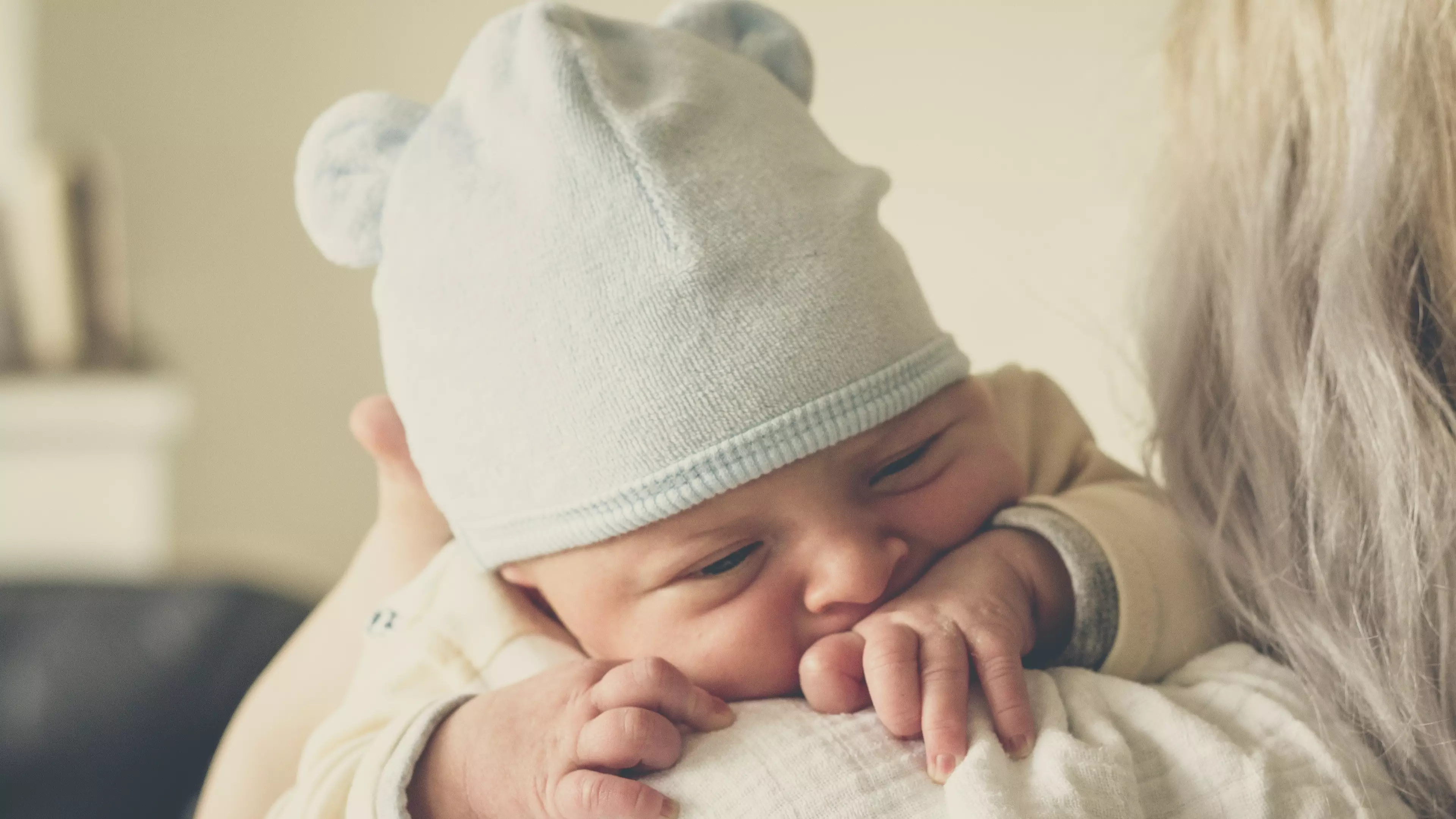
Research published in Current Biology has revealed that gently stroking a baby reduces brain activity associated with painful experiences.
Conducted by the University of Oxford and Liverpool John Moores University, the study monitored the brain activity of 32 babies while they had blood tests - which can be particularly stressful for infants.

One half of the babies were stroked by a soft brush beforehand. Using an electroencephalogram (EEG), the researchers observed a measurable 40% reduction in electrical impulses in the brain's pain centres among children who were being lightly stroked but still reacted to the jab.
Advert
The study author Professor Rebeccah Slater said: "Touch seems to have analgesic potential without the risk of side-effects."
The study also revealed the optimal pain-reducing stroking speed: 3cm (1in) per second.
Professor Slater revealed: "Parents intuitively stroke their babies at this optimal velocity,"
"If we can better understand the neurobiological underpinnings of techniques like infant massage, we can improve the advice we give to parents on how to comfort their babies."
Advert
The optimal speed of stroking activates sensory neurons in the skin called 'C-tactile afferents', which have previously been proven to reduce pain in adults. But it had been previously unclear whether babies had the same response or whether they developed it over time with age.

Professor Slater added: "There was evidence to suggest that C-tactile afferents can be activated in babies and that slow, gentle touch can evoke changes in brain activity in infants."
She explained that the study's findings could explain previously anecdotal evidence of the power of infant massage, kangaroo care (where premature babies are held against a parent's skin to encourage bonding and possibly reduce pain) and other touch-based practices.

"Previous work has shown that touch may increase parental bonding, decrease stress for both parents and baby, and reduce the length of hospital stay," explained Prof Slater.
Advert
Professor Slater and her other study co-authors now plan to repeat their experiment using premature babies, whose sensory pathways are less developed than full-term infants.
Featured Image Credit: Unsplash/echogrid